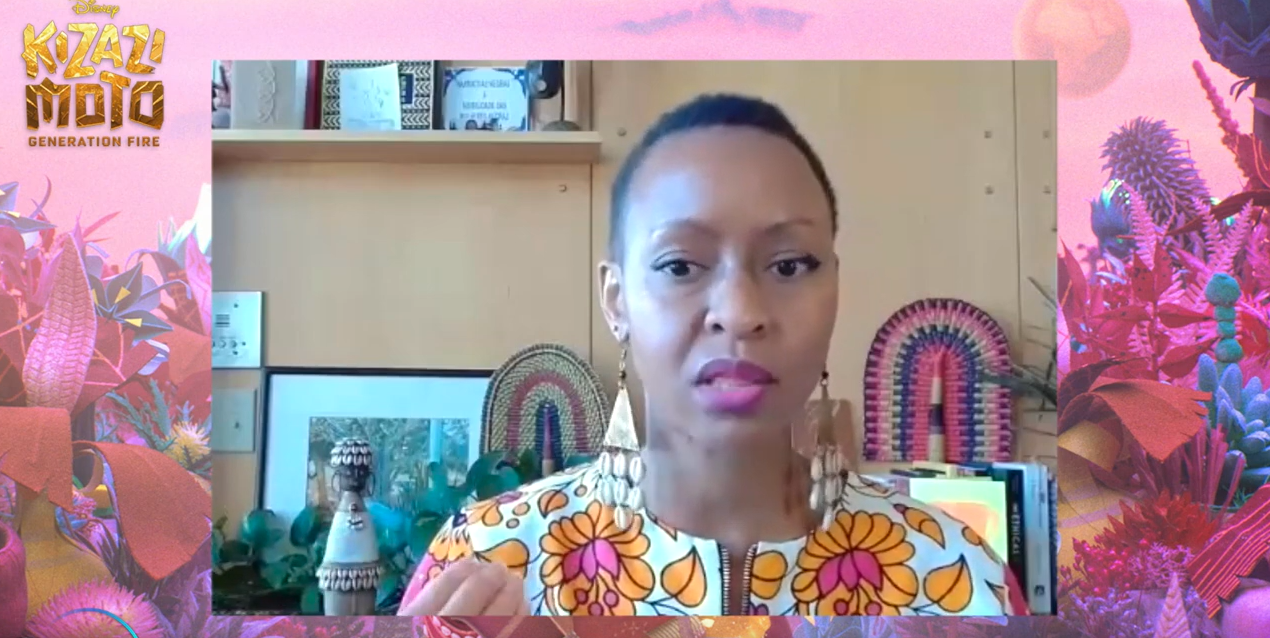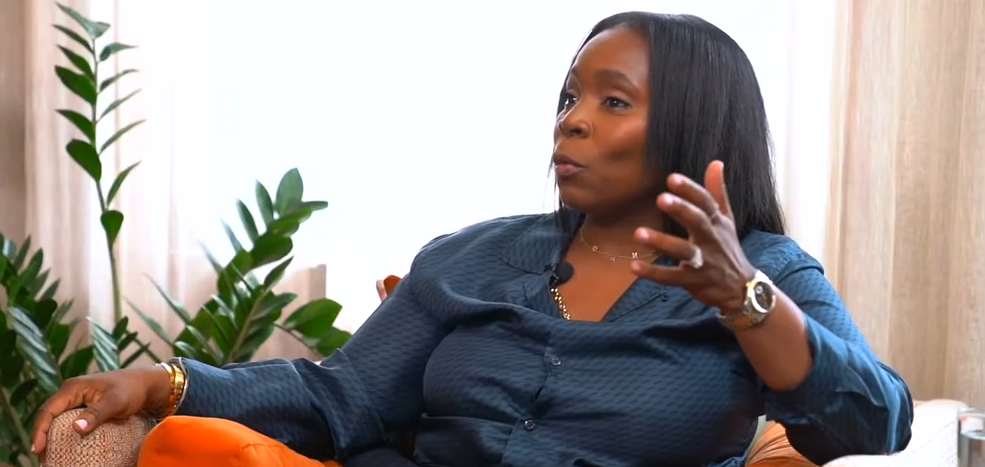Photo: Benoit Peverelli
Today, Malian superstar Oumou Sangaré released her video for “Kamelemba,” a song taken from her new album Acoustic (out now via Nø Førmat). The full-length is a re-imagining of her much-acclaimed release Mogoya, totally unplugged, in live sessions captured over just two days.
So far the album has been praised by NPR Music, Associated Press, Essence, Pitchfork, Chicago Reader, Glide, Afropop Worldwide, OkayAfrica, and Popmatters who said “Acoustic is a dream, a blissful installment in a career that continues to flourish.” Sangaré also recently spoke with NPR Morning Edition about being a Malian musician during Mali’s current political turmoil and COVID-19 pandemic.
Watch the “Kamelemba” video here.
“This song is about men who make girls fall in love with them with sweet talks and lies,” Sangaré says of “Kamelemba.” “They are womanisers who make false promises to women to entice them and destabilise them.”
Acoustic is the final chapter in a trio of related projects — the 2017 album Mogoya, and 2018’s Mogoya Remixed, which saw Sangaré’s compositions retooled by high-profile fans including Sampha, Spoek Mathambo and St Germain.
Acoustic was recorded at the Midi Live studio in Villetaneuse in live conditions, with no amplification, no retakes or overdubs, and no headphones. Acoustic features a band comprised of backing singers Emma Lamadji and Kandy Guira, the guitarist & musical director Guimba Kouyaté, kamele ngoni virtuoso Brahima “Benogo” Diakité, and A.l.b.e.r.t.’s Vincent Taurelle providing toy organ and celesta.
The eleven songs that Oumou revisits in this pared-down fashion across Acoustic consolidate her position as Mali’s leading opinion-maker, established with her defining 1989 debut Moussolou, a cassette that sold over 250,000 copies and did much for the feminist cause in West Africa.
It’s her capacity to confront suffering whilst preserving her connection to Malian values that Sangaré celebrates — a balance reflected in two additional non-Mogoya tracks added to Acoustic at Oumou’s own request. “Saa Magni,” which laments the passing of Amadou Ba Guindo (member of the Orchestre National Badema), and “Diaraby Nene” (lifted from Moussolou and recently sampled by Beyoncé on “MOOD 4 EVA”) in which Sangaré’s lyrics dared to detail her first physical encounters. The track confronted taboos head on and allowed Sangaré—hugely popular amongst West African youth—to press her advantage by denouncing—as she continues to do— female circumcision, forced marriages, and polygamy; a system that was responsible for the collapse of her own family and continues to wreck thousands of lives.
The release of Mogoya in 2017 signalled the long-awaited return of Oumou Sangaré after 8 years, during which she had been managing her numerous businesses (including agriculture & pisciculture).
With that album, recorded between Stockholm and Paris with co-production from A.l.b.e.r.t. (Air, Beck), the woman who’d swapped selling water on the streets of Bamako for global stardom reconnected with her audience. Treading a fine line between the traditional music of Wassoulou and a forwards-facing curiosity, Malian instruments were augmented by electric guitar, bass and synths, with the legendary Tony Allen on drums.
Never before had Sangaré appeared propelled into pop culture, and so far removed from her home country – it’s a balance that Acoustic intends to redress, with Oumou continuing to explore her themes with the same freedom, the same audacity of her debut some 30 years ago. It’s the fighter, the undefeated rebel that you find here on this snapshot of an album.
Acoustic Track-listing
1. Kamelemba
2. Fadjamou
3. Diaraby Nene
4. Minata Waraba
5. Saa Magni
6. Bena Bena
7. KounKoun
8. Djoukourou
9. Yere Faga
10. Mali Niale
11. Mogoya







